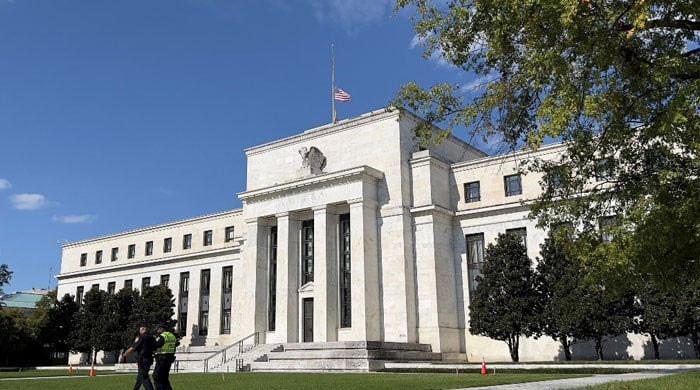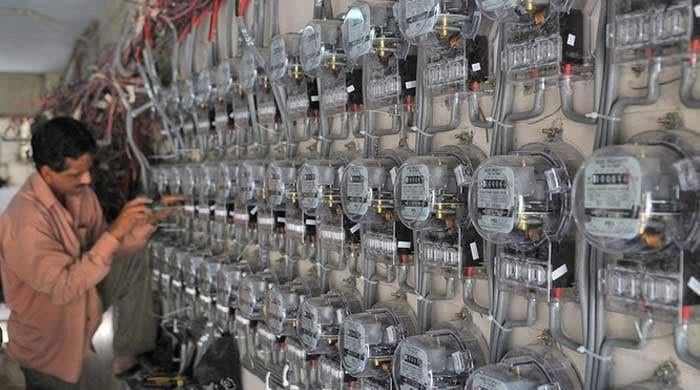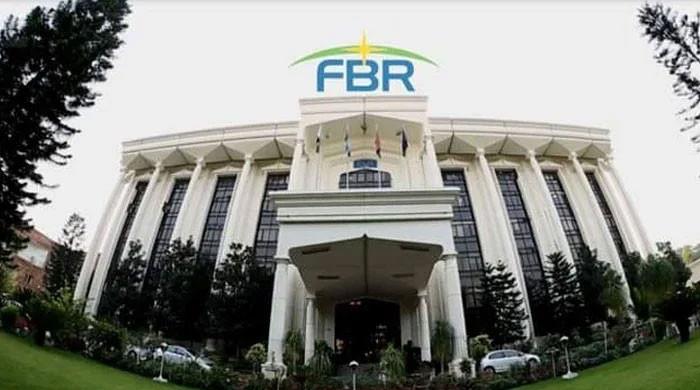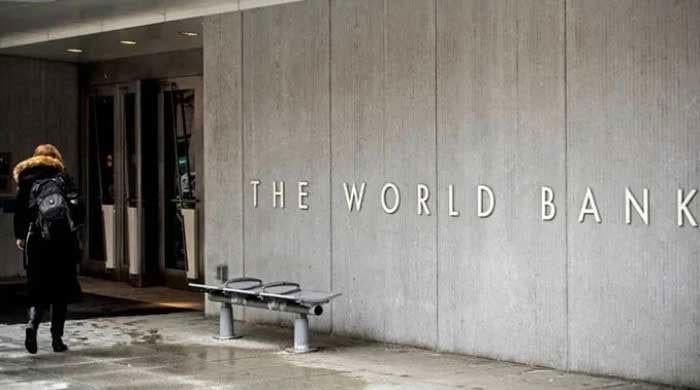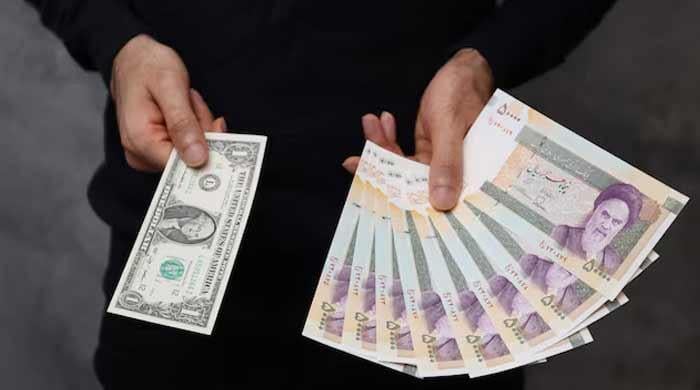Arrest warrants to be only sought in cases involving fake, flying invoices: FBR
Explanatory circular issued in light of high-level discussions during SIFC huddle
August 05, 2025

- Arrest warrants to be only be sought under specific preconditions.
- Sufficient measures taken to prevent misuse: revenue collector.
- Chairman-appointed three-member committee to approve warrants.
ISLAMABAD: Addressing concerns raised by the business community, the Federal Board of Revenue (FBR) has clarified that arrest warrants from a judge will only be sought in cases of sales tax fraud involving fake or flying invoices, The News reported on Tuesday.
Pakistan's leading businesspersons recently met Chief of Army Staff Field Marshal Asim Munir and expressed apprehensions regarding the arrest powers granted under the Finance Act 2025.
Following discussions at a high-level meeting of the Special Investment Facilitation Council (SIFC), it was decided that an explanatory circular would be issued to allay these concerns.
In its circular issued on Monday, the FBR stated that arrest warrants under subsection (9) of section 37A will primarily be obtained in cases of serious sales tax fraud, particularly those involving fake or flying invoices.
The circular outlined that such warrants will only be issued under specific preconditions, similar to those under subsection (8) of section 37A. These include situations where the accused may tamper with evidence, attempt to abscond, or fail to cooperate with investigations despite being served three notices.
The FBR further assured that a separate Sales Tax General Order (STGO) will be issued to detail the procedures, preconditions and restrictions for the smooth implementation of subsections (8) and (9) of section 37A.
The revenue collector emphasised that sufficient safeguards have been introduced to prevent misuse, requiring multiple approvals at both the inquiry and investigation stages.
The circular clarified that the purpose of prosecution under these provisions is not revenue recovery but to deter Sales Tax fraud. Section 37B has been amended to elaborate on the procedure following an arrest, ensuring the accused is presented before a court in accordance with the law and the Code of Criminal Procedure.
Additionally, a new subsection (4) has been inserted in section 37, empowering Inland Revenue officers to exercise civil court powers under the Code of Civil Procedure, 1908.
Regarding arrest warrants under subsection (8) of section 37A, the FBR stated that approval must first be granted by a three-member committee appointed by the chairman. Such warrants will only be issued in cases where the fraud exceeds Rs50 million and falls under specific categories, including the use of forged documents, false input tax claims, issuance of invoices without actual supply of goods, tampering with evidence, manipulation of tax returns, or fictitious compliance with tax regulations.
Separately, the FBR has announced the withdrawal of the Federal Excise Duty (FED) on the allotment and transfer of immovable property, which had been imposed through the Finance Act 2024.
Furthermore, the FBR issued an explanatory circular on Income Tax, introducing new clauses under Section 21 of the Income Tax Ordinance, 2001. A new clause (q) disallows 10% of expenditures attributable to purchases from suppliers without a National Tax Number (NTN), aiming to encourage formal sector growth. This provision excludes agricultural produce unless sold by middlemen and allows the FBR to grant exemptions under certain conditions.
Another new clause (s) stipulates that if a sale of Rs200,000 or more is made via a single invoice and payment is not received through banking or digital channels, 50% of the proportionate business expenditure will be disallowed. However, cash deposits into the seller’s bank account will be treated as banking channel payments, exempting them from this disallowance.
Additionally, under amendments to Section 22, depreciation expenses for capital assets will be inadmissible if withholding tax obligations under sections 152 or 153 were not fulfilled during acquisition. The unpaid tax amount will also be excluded from the asset’s cost for depreciation calculations in the relevant tax year.




